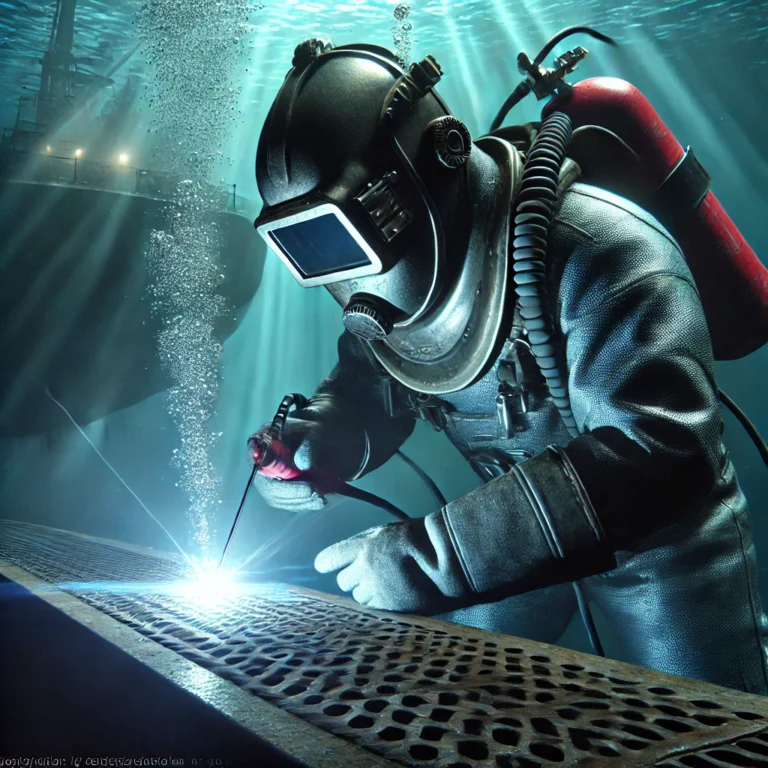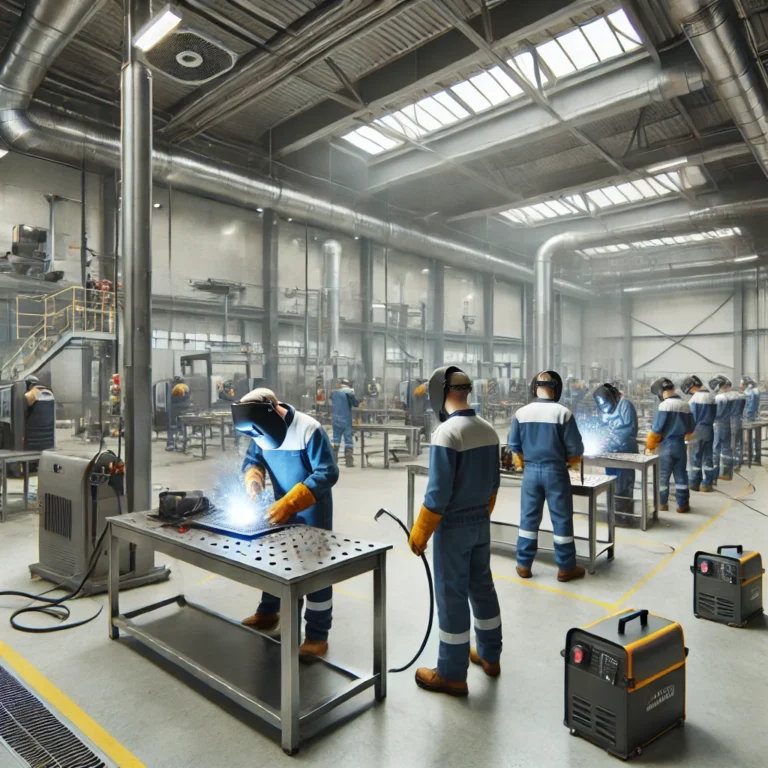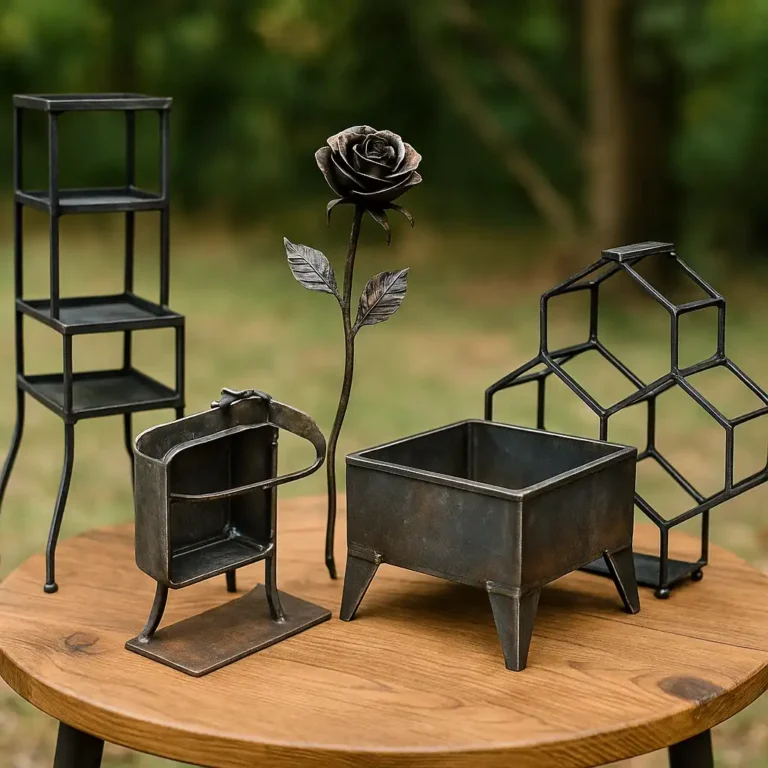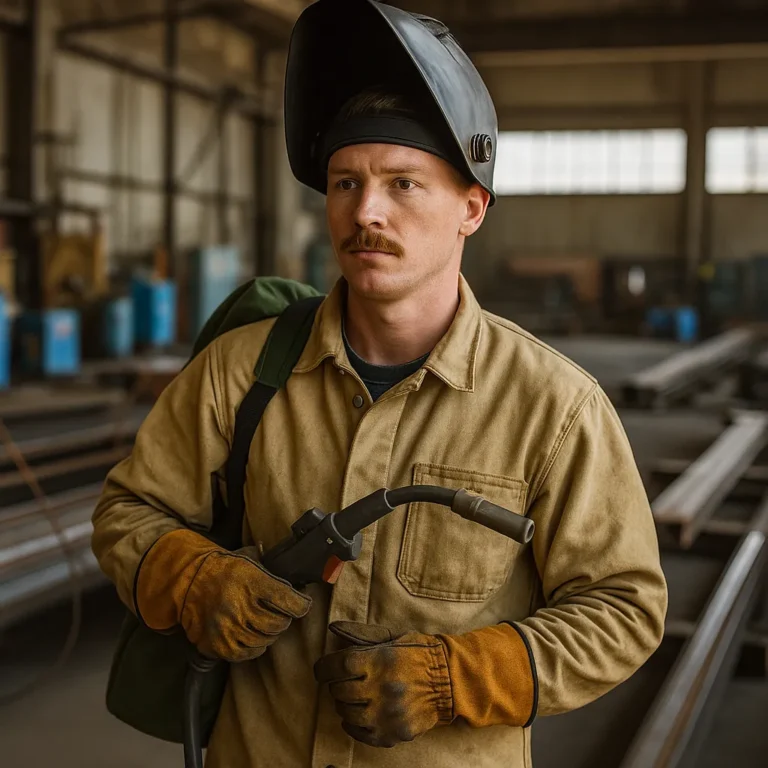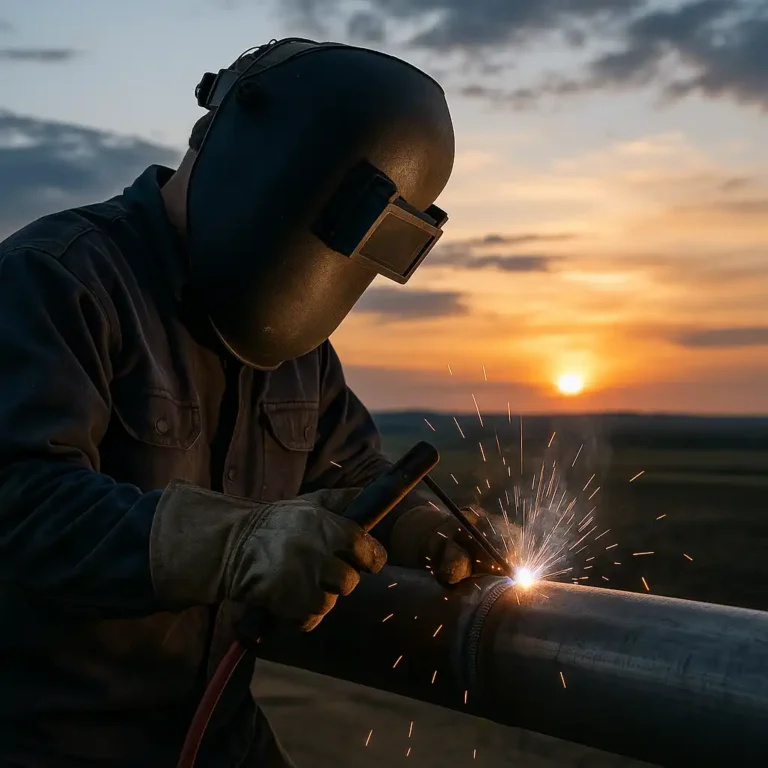Best Welding Jobs in America That Actually Pay Well
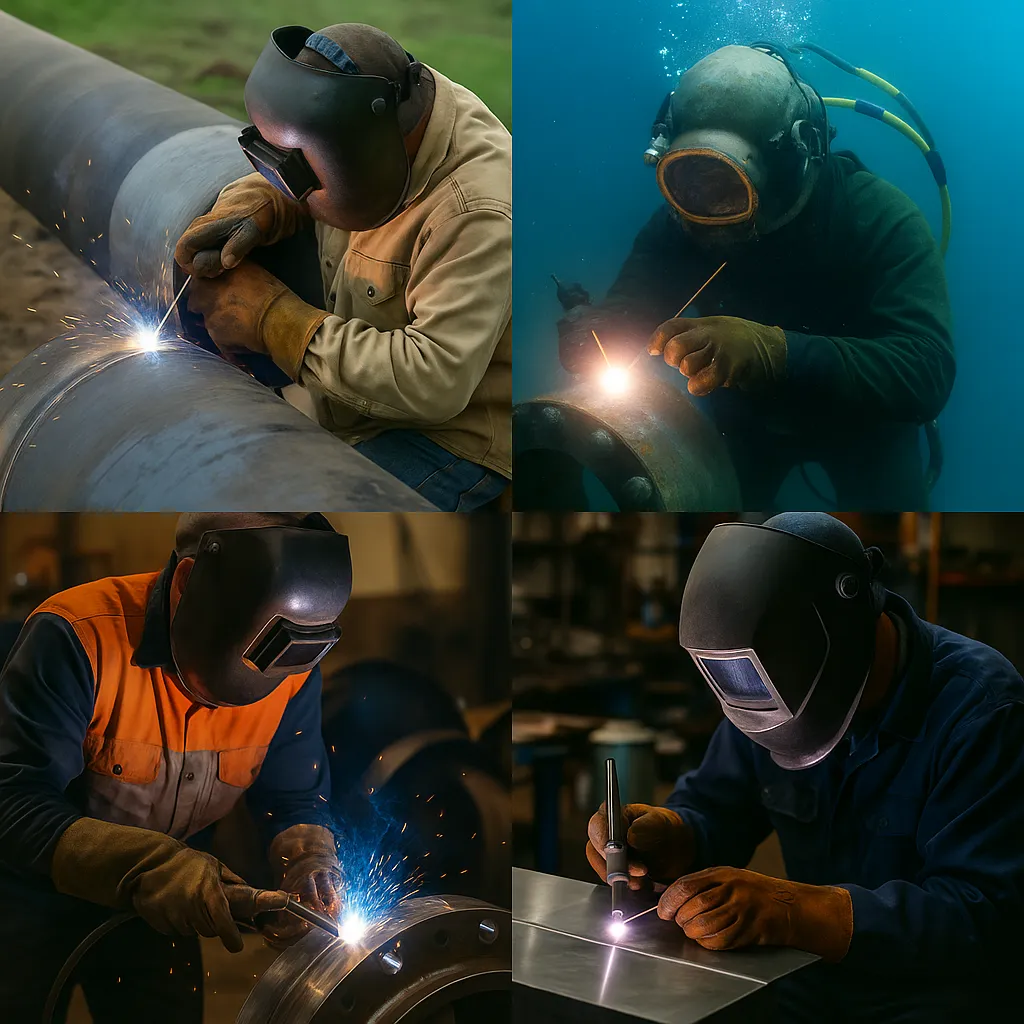
Disclosure: This post contains affiliate links. As an Amazon Associate, I earn from qualifying purchases—at no extra cost to you.
Welding is more than just a skilled trade—it’s a path to high-paying, in-demand careers across nearly every industry in the U.S. Whether you’re working on remote pipelines, repairing aircraft, or doing shutdowns at massive industrial plants, welding offers serious earning potential for those willing to put in the time and training.
Here’s a breakdown of some of the best welding jobs in America based on industry demand, reported earnings, and real-world insight from welders in the field.
Pipeline Welding: Big Paychecks in Rugged Environments
Pipeline welders work in the field, welding oil and gas lines across rural or hard-to-reach terrain. It’s a demanding job that requires consistent, high-quality welds—often in 5G or 6G positions—with no room for error.
What welders like about it:
- Pay typically ranges from $40–$70/hour, with per diem and travel bonuses
- Many report making six figures during a good season
- High demand in states like Texas, North Dakota, and Louisiana
What to expect:
- Harsh working conditions, long hours, and extended time on the road
- Requires advanced certifications and strong stick or TIG skills
Based on welding forum discussions and contractor job boards, this path is favored by welders chasing top dollar and open to mobile, project-based work.
Underwater Welding: Extreme Work with High Rewards
Underwater welding combines commercial diving with welding skills—usually for offshore rig repair, ship maintenance, and underwater structures. It’s one of the most extreme (and well-paid) welding paths out there.
What makes it stand out:
- Salaries often range from $60,000 to over $150,000/year
- High risk means high reward, especially for offshore contracts
- Strong demand in coastal regions, ports, and offshore platforms
What to prepare for:
- Requires a commercial diving license and underwater welding training
- Physically taxing with unpredictable schedules and working conditions
Feedback from welders who’ve been there says it’s not for the faint of heart—but for those who thrive on challenge, it can be a career-maker.
Industrial Shutdown Welding: Fast Money, High Pressure
Shutdown welders are brought in during scheduled plant maintenance or turnarounds to weld and repair critical infrastructure in tight timelines. These jobs are high-pressure but often come with excellent pay.
What makes it a good fit:
- Many welders report $30–$50/hour, plus overtime
- Frequent travel bonuses and per diem
- Common in refineries, power plants, and chemical facilities
Things to know:
- Jobs are often seasonal or short-term
- Long shifts and high expectations are the norm
- Certifications like AWS D1.1 or ASME IX are usually required
Many experienced welders say this is one of the fastest ways to stack earnings if you’re good under pressure and like switching environments often.
Aerospace Welding: Clean Shops, Precision Work
Aerospace and aviation welding is all about precision. Most of the work involves TIG welding thin aluminum, stainless steel, or exotic alloys for airplanes, spacecraft, and defense parts.
Why it’s a great long-term option:
- Pay ranges from $25–$40/hour, depending on experience
- Offers stable employment with strong benefits
- Clean, climate-controlled workspaces with strict quality control
Keep in mind:
- Certification like AWS D17.1 is often required
- Jobs can be repetitive and highly detailed
According to welders in the aerospace field, it’s ideal for those who prefer indoor shop work and want long-term stability with fewer surprises.
Conclusion
There’s no one-size-fits-all answer to the best welding job—it depends on what matters most to you. If you’re after high pay and don’t mind traveling, pipeline or underwater welding could be the right move. If you prefer flexibility and short bursts of high-paying work, shutdown jobs are a strong option. And if you want long-term security in a clean environment, aerospace welding offers steady, detail-oriented work.
Whatever you choose, the best opportunities come to those who build their skills, stay certified, and aren’t afraid to adapt to the industry’s evolving needs.
Related Articles You Might Find Helpful
- How to Get Certified in Welding: A Straightforward Guide That Actually Helps
- Welding Equipment Maintenance: Your Ultimate Guide to Smooth and Safe Operations
- What is 6G in Welding and Why It Matters for Industry Professionals
- UTI Welding School Reviews: What You Should Know
- How Much Do Welders Make on the Pipeline? Exploring the Highs and Lows

